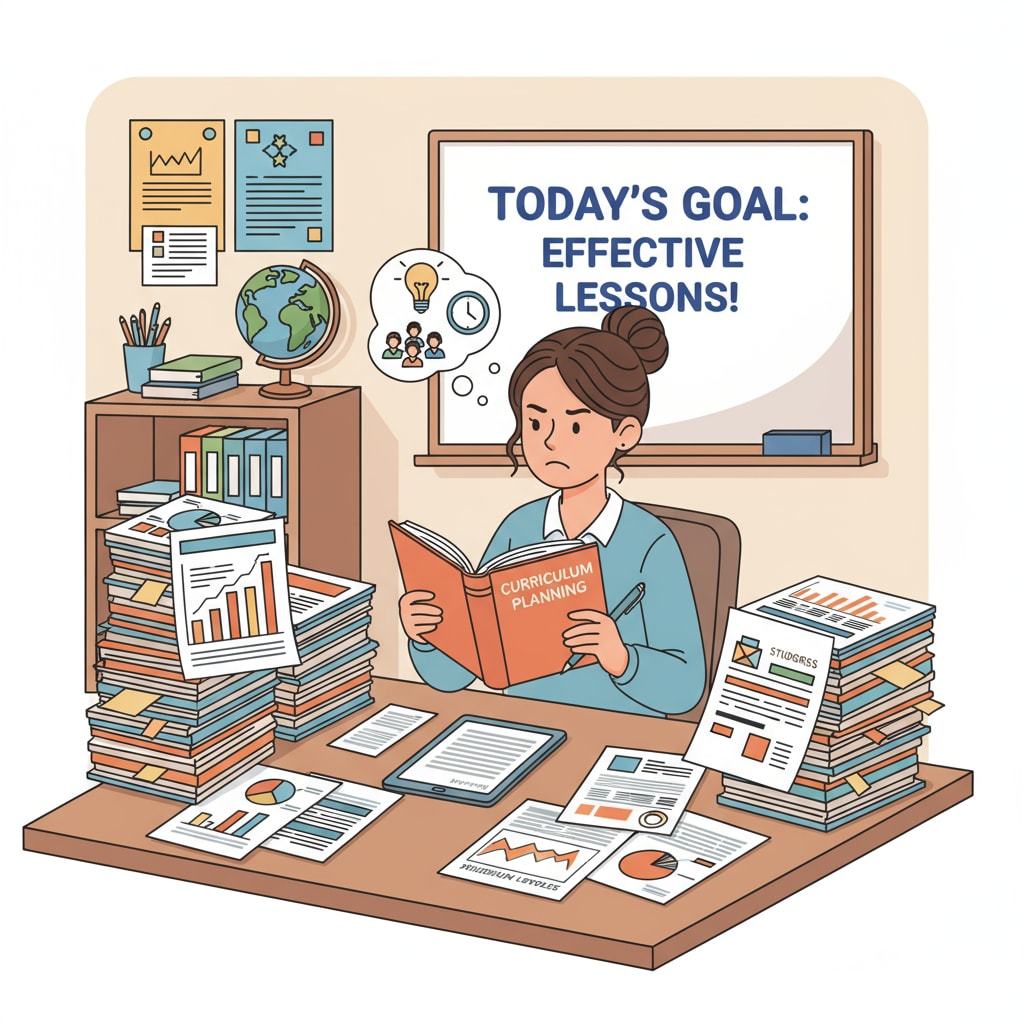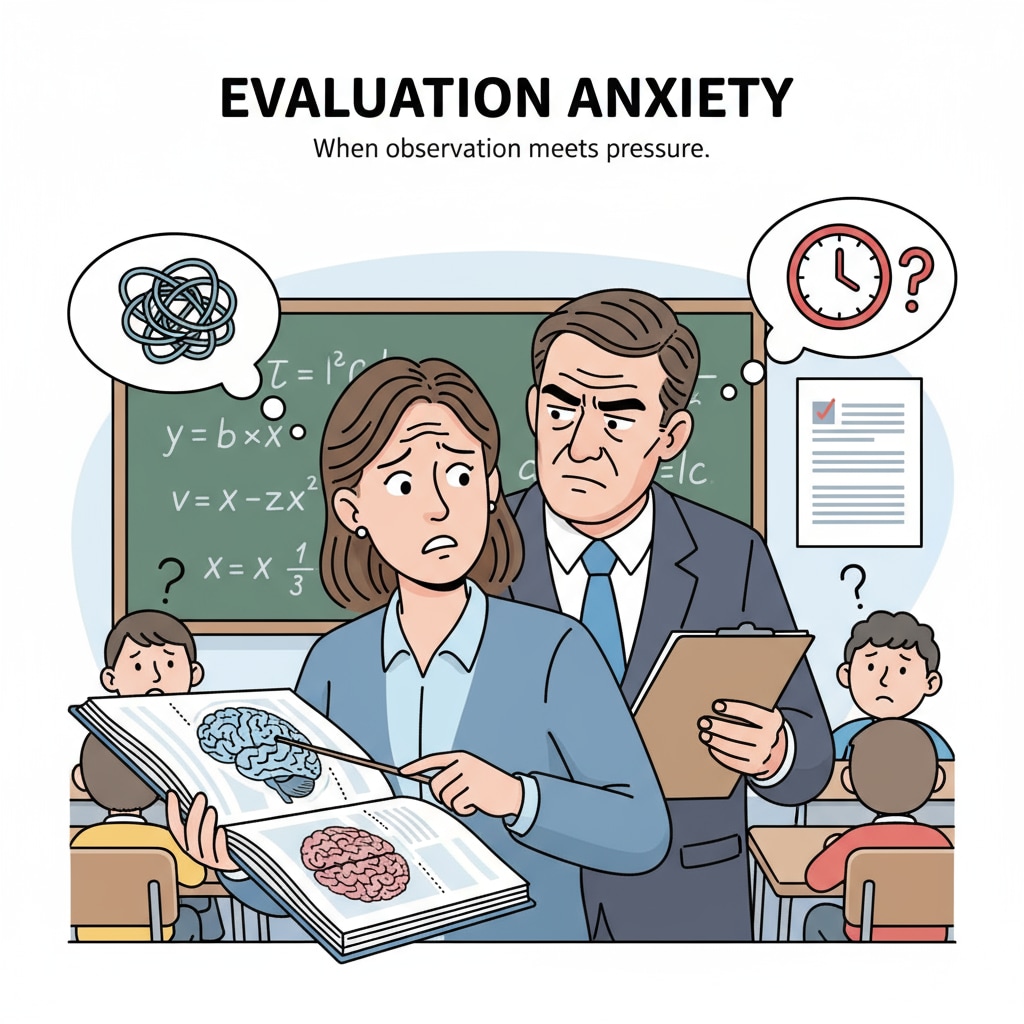In the realm of K12 education, the issues of data recording, micromanagement, and teacher autonomy have become hot topics of discussion. As educational institutions strive for greater accountability and improved performance, the balance between administrative oversight and teachers’ professional freedom is being severely tested.

The Rise of Data Recording in Education
Data recording has become an integral part of modern education. Schools and districts are now collecting vast amounts of data on students’ performance, attendance, and even behavior. While the intention behind this is to make informed decisions and personalize instruction, it has also placed an enormous burden on teachers. Teachers are often required to spend hours inputting and analyzing data, taking time away from their core responsibilities of lesson planning and student interaction. According to the National Education Association, this excessive focus on data recording can lead to burnout among teachers.
The Perils of Micromanagement
Micromanagement in education refers to the detailed and often excessive control exerted by administrators over teachers’ daily activities. This can include dictating teaching methods, lesson plans, and even the pacing of instruction. Micromanagement stifles creativity and innovation in the classroom. Teachers, who are the experts in their fields, are unable to adapt their teaching to the unique needs of their students. As a result, student engagement and learning outcomes can suffer. ASCD research has shown that schools with less micromanagement tend to have higher levels of teacher satisfaction and better student performance.

Teacher autonomy is crucial for providing high-quality education. When teachers have the freedom to design their lessons, choose teaching materials, and assess students in ways that they see fit, they can better meet the diverse needs of their students. Autonomous teachers are also more likely to be motivated and engaged in their work. However, the current trend of increased data recording and micromanagement is eroding this precious autonomy.
Readability guidance: By understanding the negative impacts of excessive data recording and micromanagement, it becomes evident that finding a balance is essential. This balance can be achieved through open communication between administrators and teachers, clear guidelines on data use, and a more hands-off approach to management. Only then can we ensure that teachers can fully exercise their autonomy and provide the best possible education for students.


